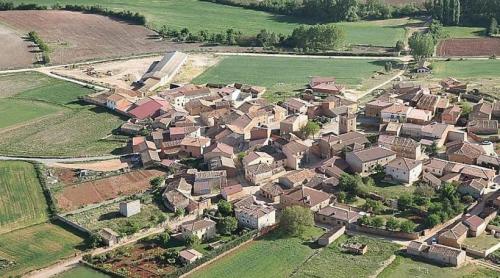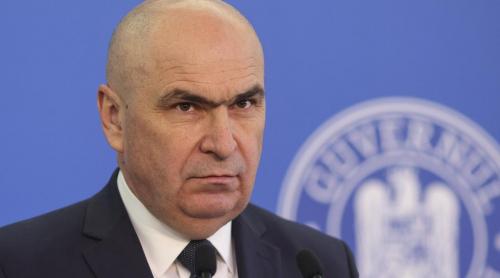
Romania will have an economic growth this year estimated at between 0% and 2%, according to a recent World Bank report on the financial status of the new EU member-states.
This is three percentage points lower than estimates in December 2008.
The estimate for Romania places the country somewhere in the middle of the ranking, according to this estimate.
The World Bank believes the reasons for the lower economic growth stay in the drop of demand on foreign markets, the lower flow of foreign capital and bank credits available, as a consequence of the international financial crisis. At the same time, the World Bank believes domestic factors contribute, and it means the lack of financing the pensions' raise, the drop in contributions to the pension and health funds, as well as random allocation of funds to local authorities.
According to the World Bank report, the newly announced corrective measures made public by the current executive, might alleviate some of the problems identified, and the widening fiscal gap in particular.
The World Bank experts talk about the almost dire fiscal situation Romania has found itself in in spite of the economic growth in 2008. It quotes the profoundly pro-cyclical fiscal policy, in the context of an economy running the risk of overheating, along the significant drop in collecting the revenues to the state budget in the last months of 2008, which resulted in a record budget deficit of 5.2% of GDP.
Estimates conducted on these premises lead to a 7.5% of GDP in budget deficit, for 2009.
Nevertheless, the new budget draft presented by the Executive led the World Bank to new estimates, which say now the budget deficit should stay under 2%.
The World Bank analysts say countries which economic shrinkage will be dramatic should adopt strict fiscal policies. Romania is among those countries. But economic recovery is pending on the actual decisions the Executive makes.
The World Bank says new EU member states have limited room to maneuvre and deal with the crisis adopting relaxed fiscal policies, given that they are under budgetary and financial constraints deriving from their EU member-state status.
At the same time, Romania will have to deal with its salary policy, which is still very rigid, meaning that salaries are still too high on the backdrop of the economic slowdown, as last year they hiked 14%, while the economic productivity rose only 8% to 9%.
Translated by anca Păduraru
Citește pe Antena3.ro

















